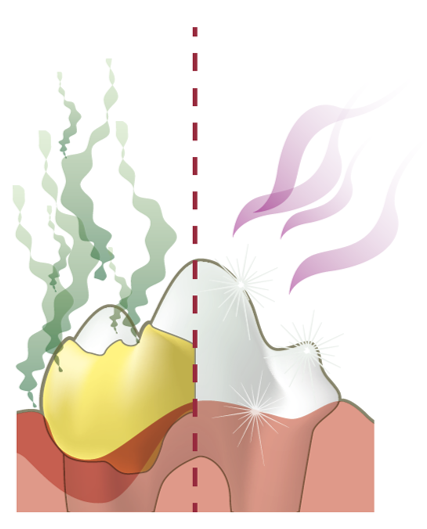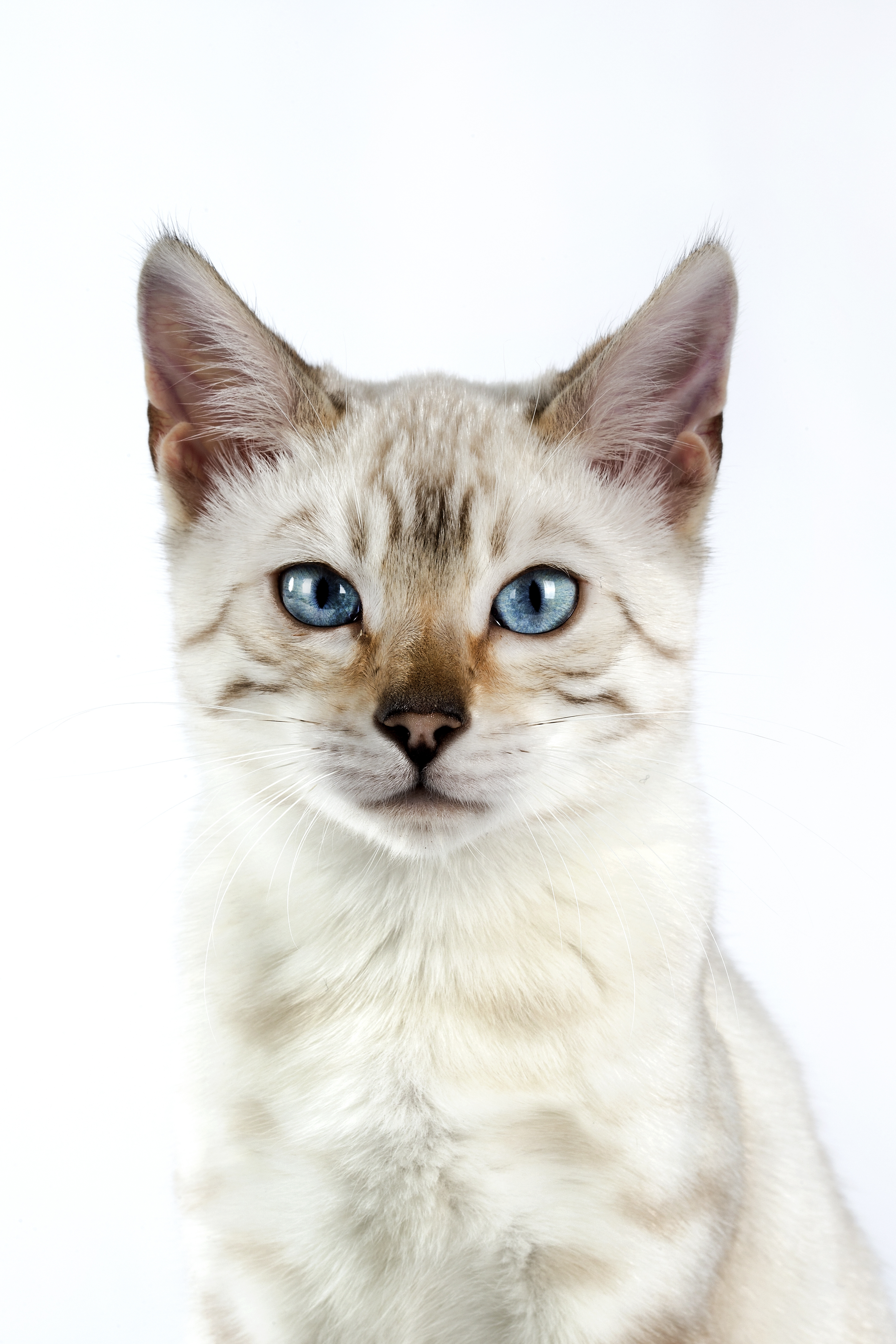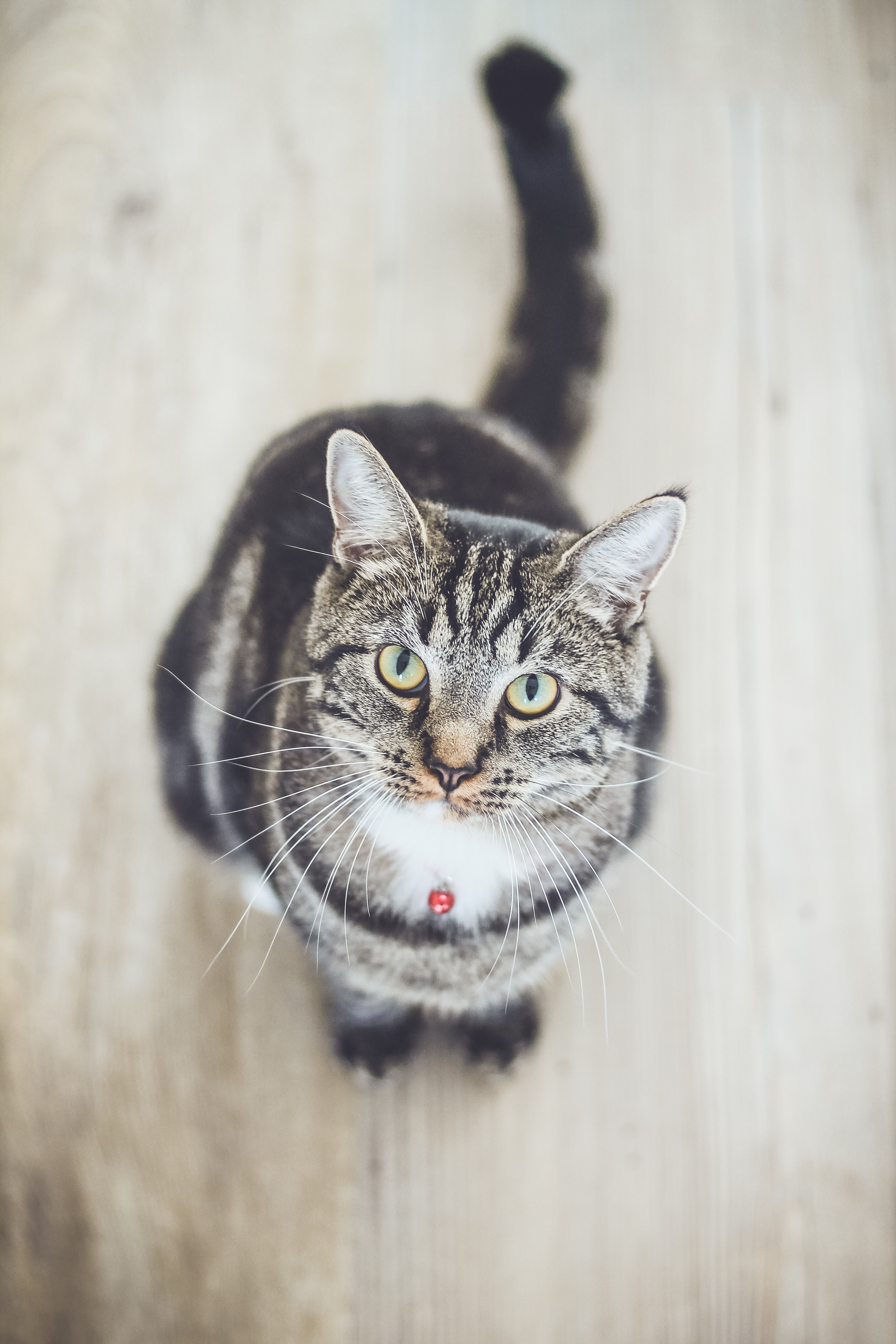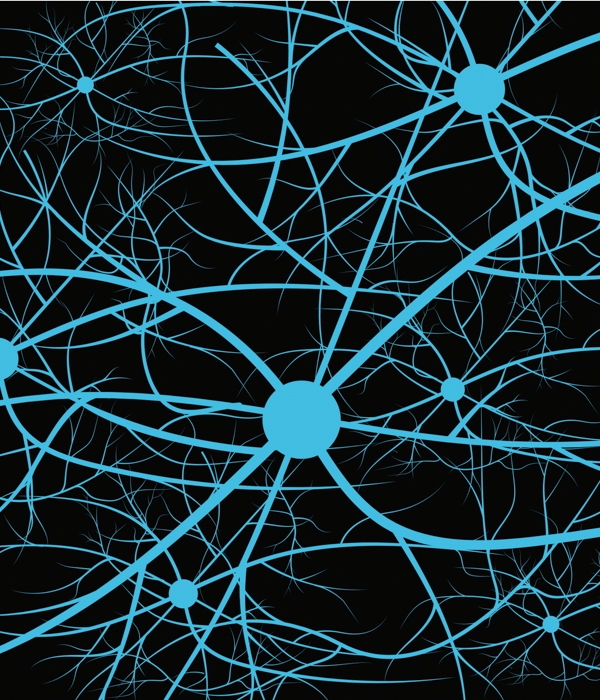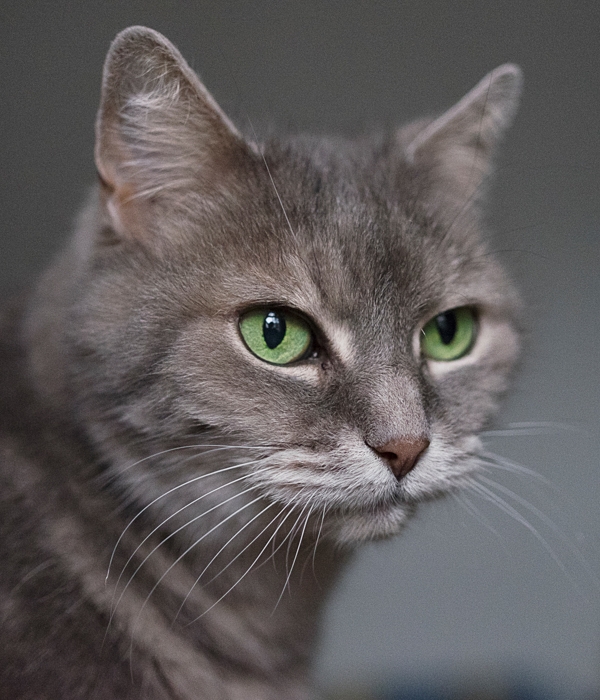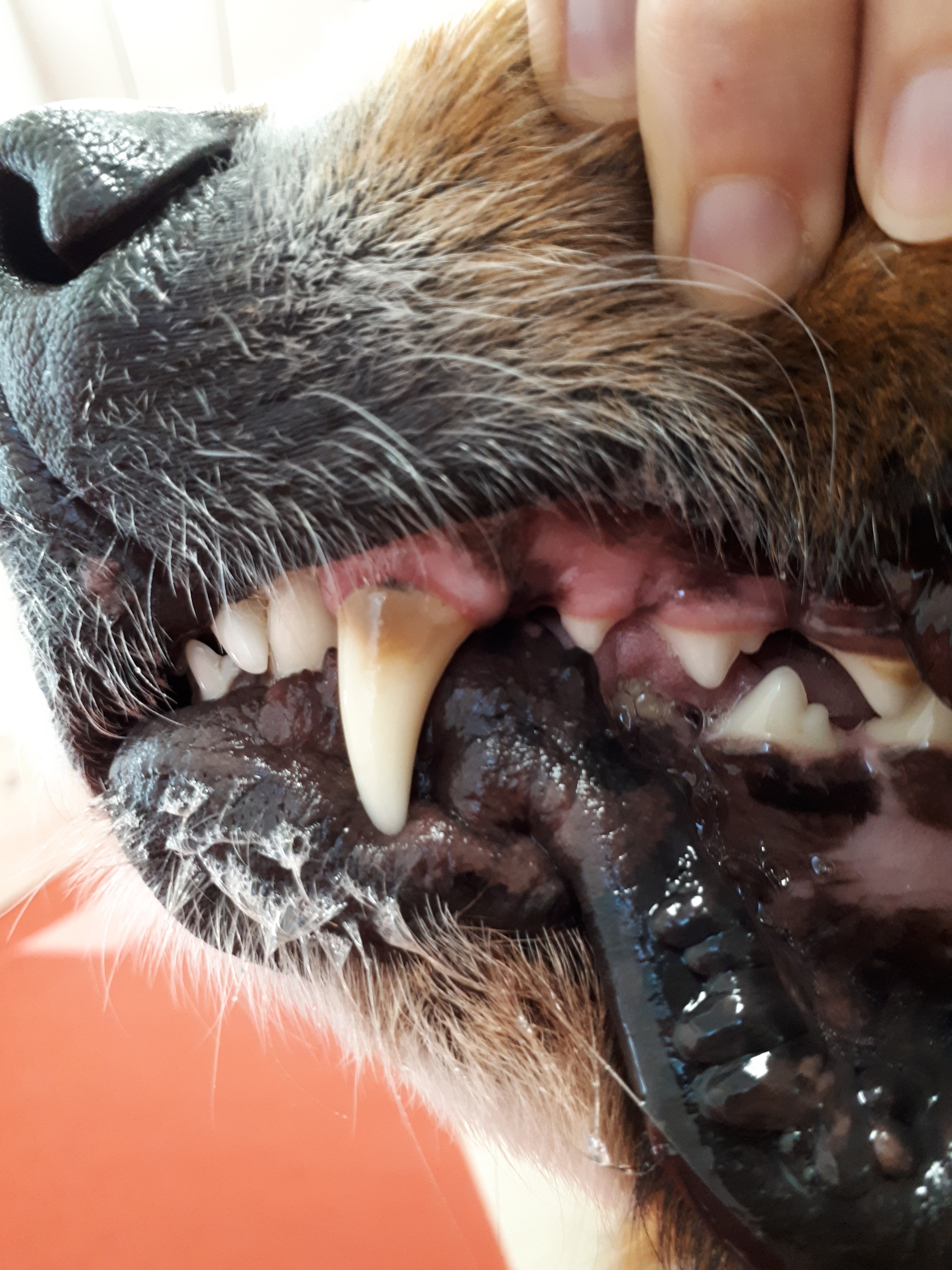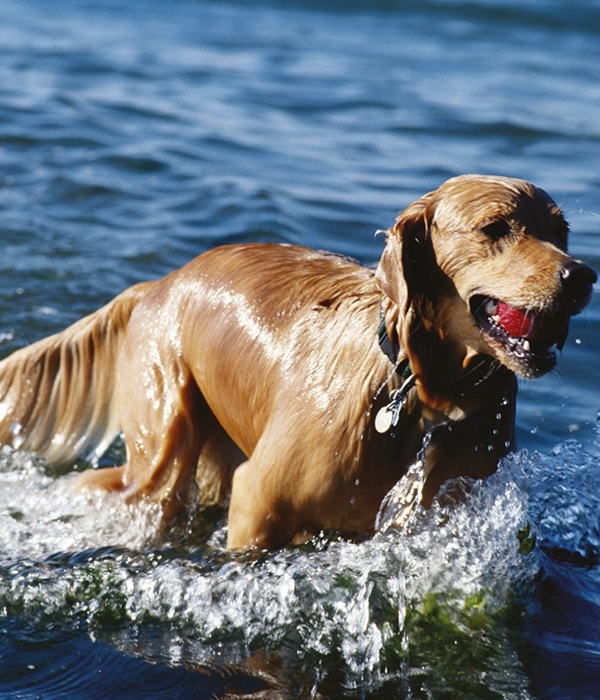Scientific research has shown that as carnivores, cats have obligatory requirements for nutrients that are not essential for many other mammals. A higher maintenance requirement for protein is one example. This has been attributed to the inability to downregulate nitrogen catabolism
secondary to the consumption of an almost exclusive vertebrate prey diet. Studies support that the feline can adapt protein oxidation to dietary intake provided their protein requirement is met. However, their inability to downregulate nitrogen catabolism may not fully explain their high-protein requirement. One recently proposed model suggests that the cat has a high-protein requirement because of its high-endogenous glucose demand that is met by obligatory amino acid-based gluconeogenesis. It is postulated that the high-protein requirement is the result of amino acids entering gluconeogenesis to supply the glucose needs of the brain and other tissues requiring glucose.
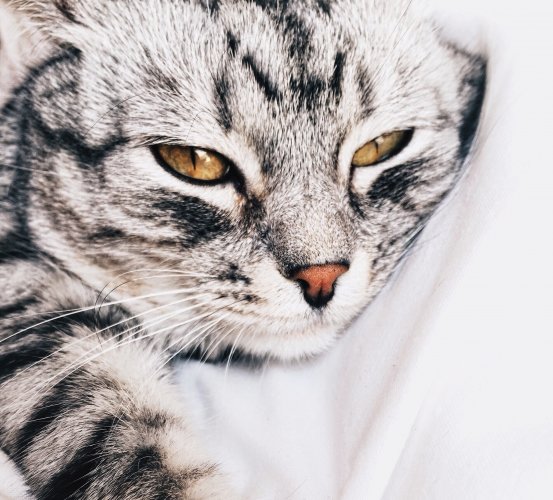
 Purina: Your Pet, Our Passion
Purina: Your Pet, Our Passion


